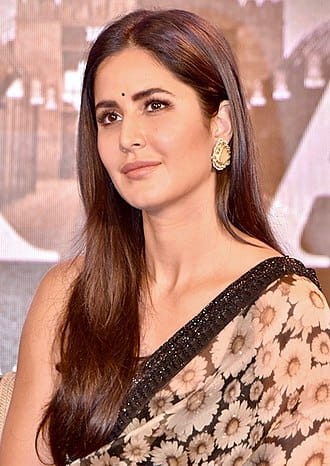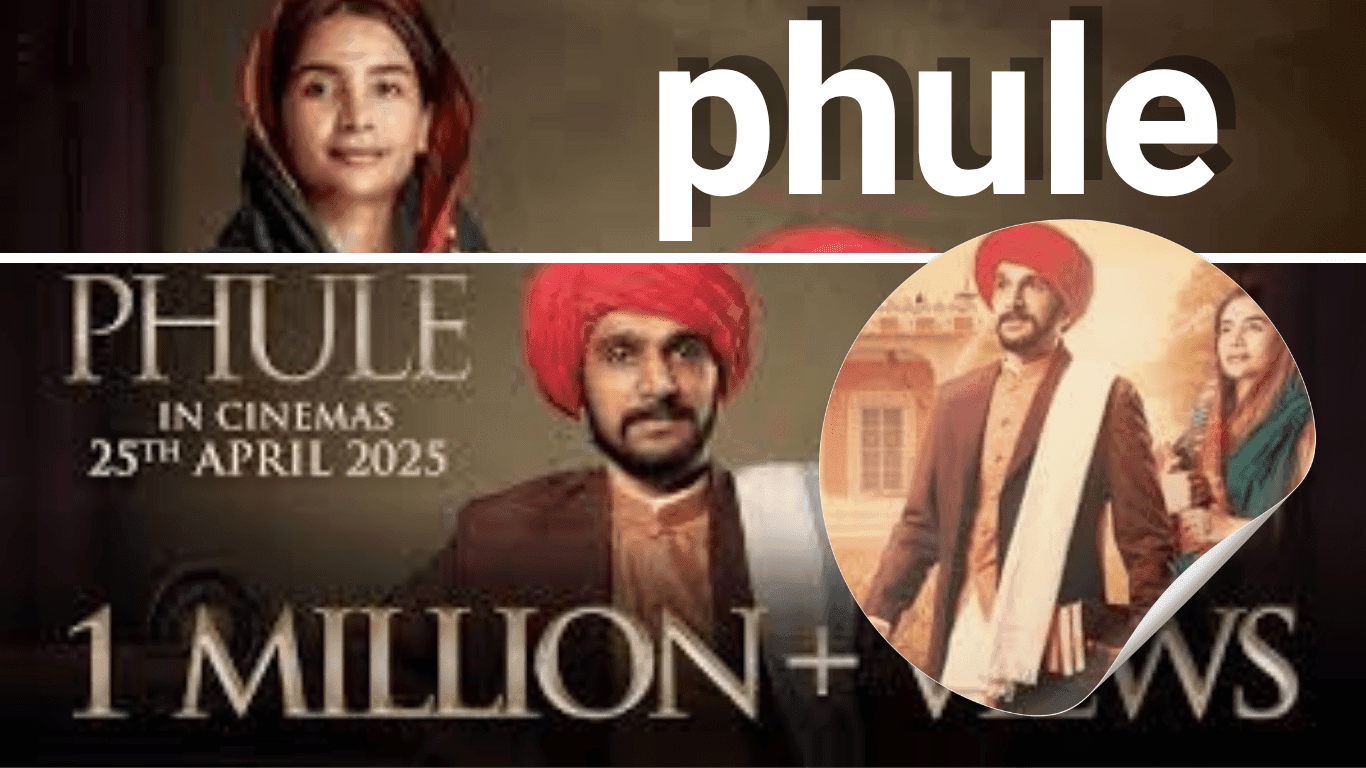The movie Phule was called a controversial film, and some members of society even said that it should not be released across India. They claimed it was a political move, taken with a particular community in mind. The film focused on the social evils that existed during the era of colonial rule, and portrayed the story of a woman from a marginalized section of society who rose to become a teacher in that environment.
The 2024 biopic Phule, starring Pratik Gandhi and Patralekha, dives deep into the life of revolutionary reformers Jyotirao Phule and Savitri Bai Phule. Directed by Ananth Narayan Mahadevan, the film sheds light on one of India’s most impactful couples, whose pioneering work in female education and social justice still echoes today. Despite the film’s 2.5-star rating, it stands out as an important contribution to India’s cinematic and social history. Here’s why you shouldn’t miss it.
A Riveting Tale of Social Reform and Female Empowerment
Set in 19th-century Maharashtra, Phule chronicles the couple’s courageous battle against caste discrimination and the regressive norms of a deeply patriarchal society. In a time when young girls were married off as children and forced into motherhood, Savitri Bai, with Jyotirao’s support, lit the torch for female literacy and empowerment.
Realistic Depiction of Caste-Based Injustices
The film doesn’t shy away from portraying the brutal reality of caste discrimination. From untouchables being forced to wear brooms on their backs to being denied access to common wells, Phule exposes the inhumanity that existed—and still echoes in parts of society today. One scene even shows cow dung being hurled at Fatima Shaikh and Jyotiba—an intense reminder of the courage it took to resist.
Stellar Performances from Pratik Gandhi and Patralekha
Both lead actors deliver emotionally charged performances. Patralekha, as Savitri Bai, commands attention in her powerful orations and determined pushback against oppression. Pratik Gandhi embodies the calm but fierce Jyotiba Phule, whose radical ideas were met with resistance not just from society, but also his own family.
A Controversial but Crucial Release
Phule faced backlash from sections of the Brahmin community, leading to a delayed release. Objections were raised after the trailer’s launch, accusing the film of misrepresentation. Actor Pratik Gandhi appealed for patience and urged critics to judge the film after watching it, rather than based on isolated scenes from the trailer.
Censored But Not Silenced: CBFC Edits Explained
The Central Board of Film Certification (CBFC) initially delayed the film’s release, demanding edits such as removing caste-related terms like ‘Mang’, ‘Mahar’, and ‘Peshwai’. Despite the challenges, the filmmakers made the necessary changes without compromising the film’s core message. The movie was granted a ‘U’ certificate and released on April 25, instead of the originally planned April 11, Jyotirao Phule’s birth anniversary.
A Broader Historical Lens Adds Depth
The film ambitiously touches upon broader historical events—the 1857 mutiny, French revolution, plagues, famines, and Lincoln’s abolition of slavery—though this occasionally makes the film feel like a history textbook. Still, this context helps place the Phules’ struggle within a global movement for equality and reform.
Sparking a Necessary Conversation on Casteism
Despite being a “middling, talky period drama,” Phule has the power to stir crucial conversations. Caste-based discrimination remains a reality in many parts of India. By highlighting the lives of those who stood against it, the film encourages a renewed focus on inclusivity, justice, and reform. here is a movie related game website amzingoupon
Final Verdict
While Phule may lack cinematic polish in parts, its message is unmissable. It honors the legacy of two trailblazing reformers, encourages viewers to reflect on social inequalities, and challenges us to continue the fight for justice. If you value meaningful cinema over mainstream gloss, Phule is worth your time.
The people who watched this film shared their views. I feel there’s nothing wrong in watching this movie, but no particular community should feel hurt because this is history—and history is told differently by everyone, just like what happened with the Ramayana movie.





